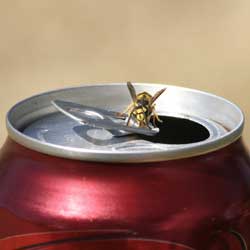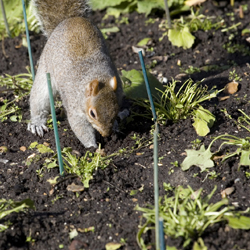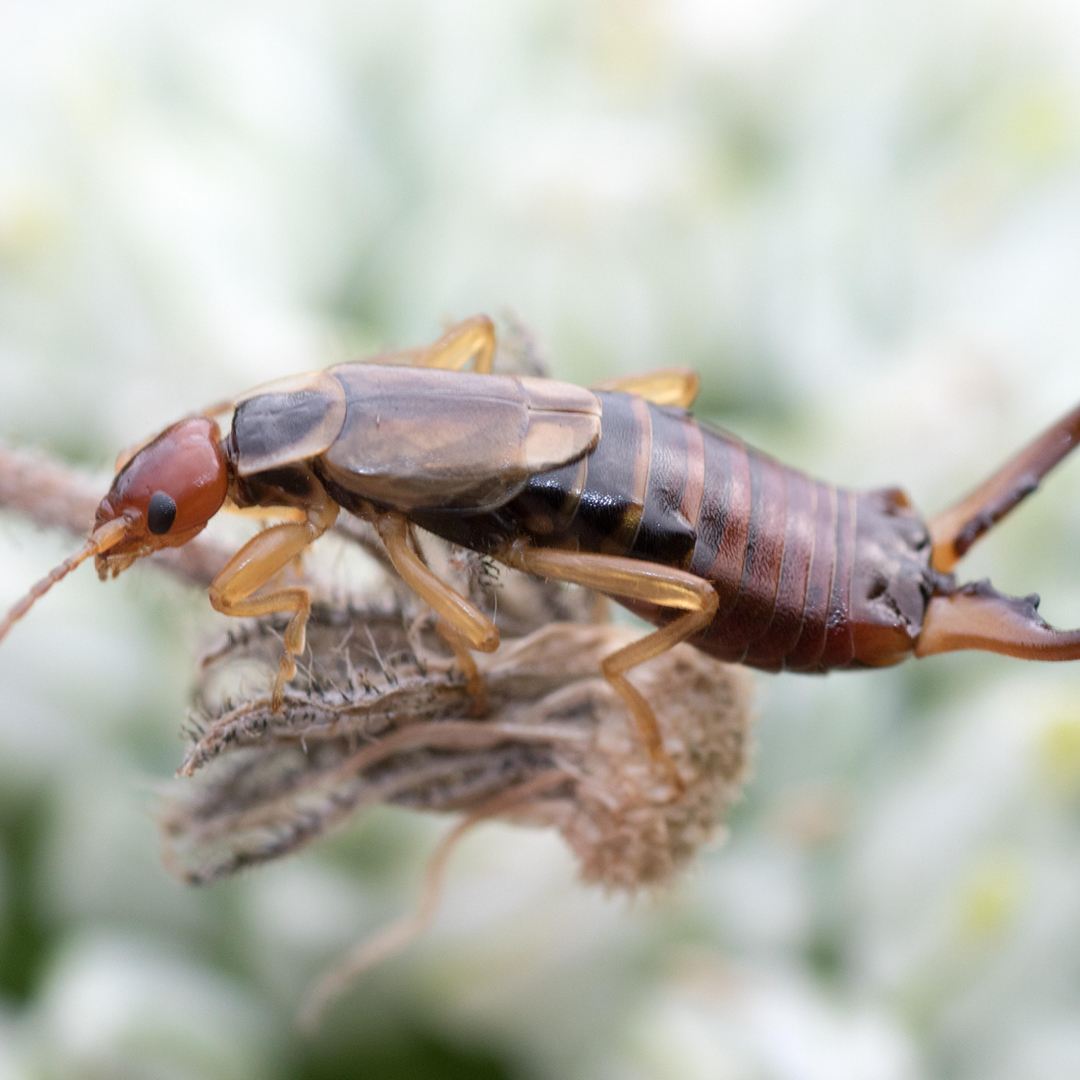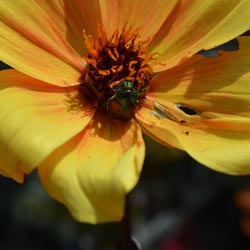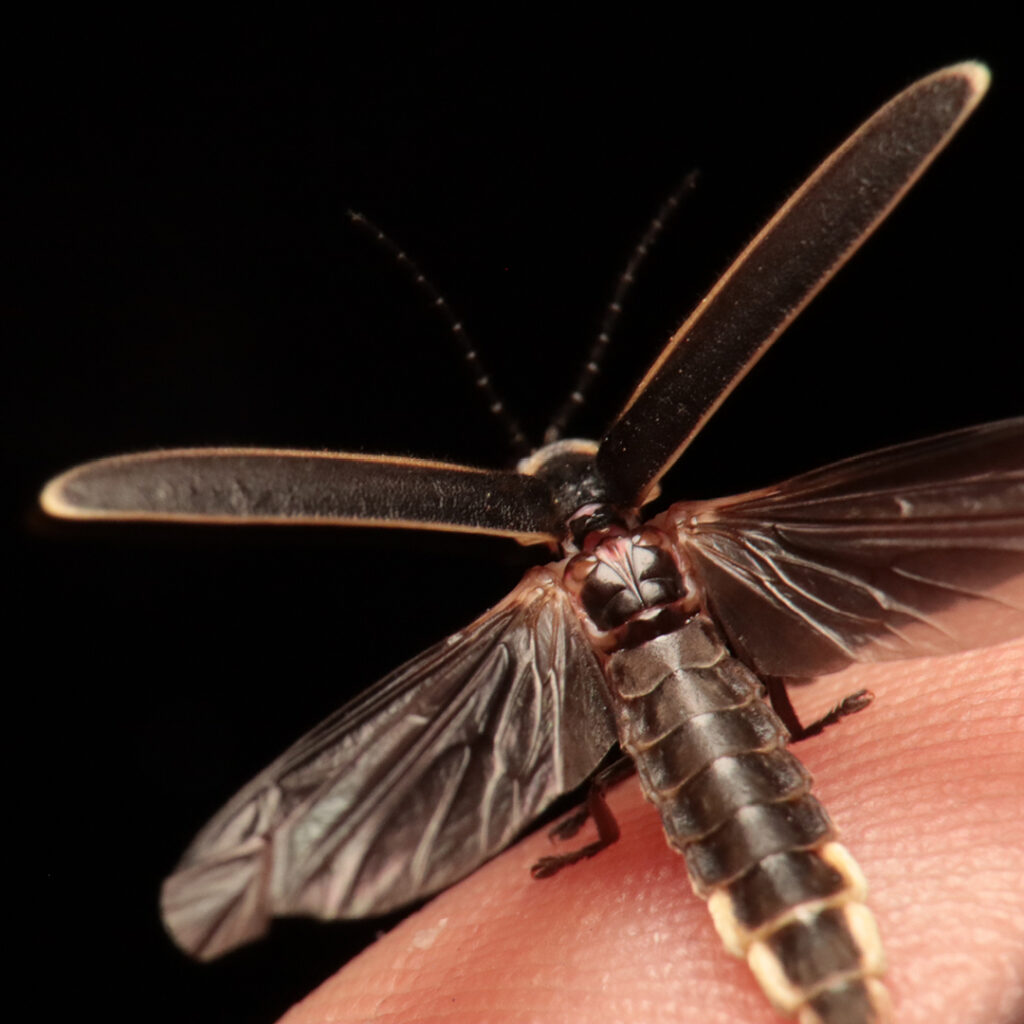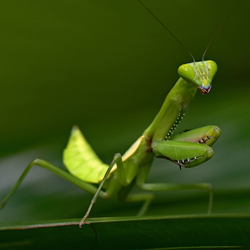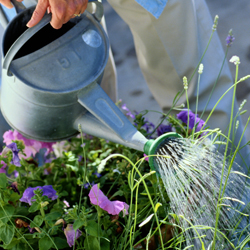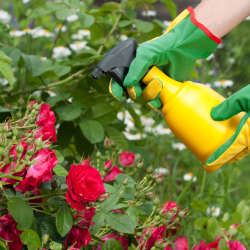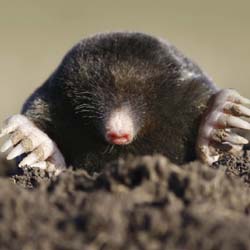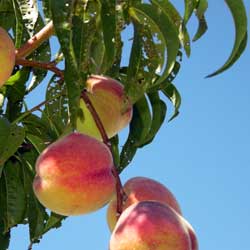Clay soil can be one of the most challenging soil types for gardeners and landscapers to work with. It is not impossible, however, to turn a clay-based plot into a lush, productive growing space. Understanding your clay soil and knowing how to improve it can help you make the most of even the densest, heaviest…
Sometimes it’s difficult to tell good from bad. Take the yellowjacket for example. When you hear yellowjacket, what’s the first thing that comes to mind? A buzzing, stinging insect ruining your outdoor meal or a treasured pollinator of many plants?
Autumn is the catalog time of year, when gardeners devour and drool over the spring-blooming bulb catalogs, eagerly fantasizing about next year’s flowerbeds.
Now that we’re in the throes of winter, do you ever stop and think, “Where did all the bugs of summer go?” With the onslaught of frigid temperatures along with snow and ice, gardeners and homeowners alike hope and pray that these weather extremes will reduce local pest insect populations. But do they? Well, there’s…
In the summer months, insects can take their toll on your plants if you are not on the alert for problems. If the right product is used at the right time and under the right conditions, however, pesticides can be reduced to a minimum and your plants will be well-protected.
In the enchanting sky of summer nights, few sights rival the mesmerizing dance of the firefly or lightning bug to some. Those tiny exhibitionists of light, flickering in the darkness, have charmed generations with their effervescent brilliance. But a sobering truth looms: the once-abundant glow of these beloved insects is fading, their numbers dwindling as…
This insect can be large and intimidating, but the praying mantis in your garden is a guest to welcome and celebrate, not one to fear or eliminate. Understanding these beneficial insects can help every gardener realize just how useful praying mantids can be. About the Praying Mantis There are more than 2,400 species of praying…
Water is critical for a healthy garden and landscape, but how much water is too much, how much isn’t enough and how much is just right? Unfortunately, there isn’t a specific answer that suits every gardener’s needs. All plants have different water requirements, which change depending on the type of soil, amount of sun, temperature,…
One of the most common insects, and one of the most potentially plant-threatening, is the aphid. There are actually many types of aphids – more than 4,000 in all. Some feed on specific plants and others are not so choosy. They all attack the newer plant growth and suck sap from a plant’s internal circulation…
Mole, vole or shrew: ever wonder what the difference is between these pests, or why you should care? All three of these mouse-like creatures may be seen in or around your garden. Identification is important in determining if and how you should control these critters. Moles Identification: A mature mole will grow 5-7 inches from…
Do you love cats but don’t love them in your garden? Outdoor cats will seek out a nice patch of soil to do their business or to roll around and play. Cats will mark their territories on sheds, fences or plants, and may even raise a new litter under a deck or in an open…
If you grow peaches, you have most likely experienced peach leaf curl. Recognizing the symptoms of this infection and understanding what to do about it can help you keep your peach crop peachy keen. About Peach Leaf Curl Peach leaf curl (Taphrina deformas) is a fungal disease that infects the immature leaves of peach and…


 15% Military Discount
15% Military Discount

